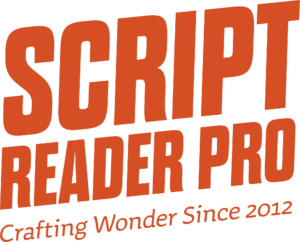Here are eight keys to writing a scene that pops off the page and grabs the reader. Writing a scene—especially the big ones at major plot points—usually means adding these eight key principles that move the story forward and keep the reader engaged. In order to illustrate these eight key principles we’ll be using the scene […]
